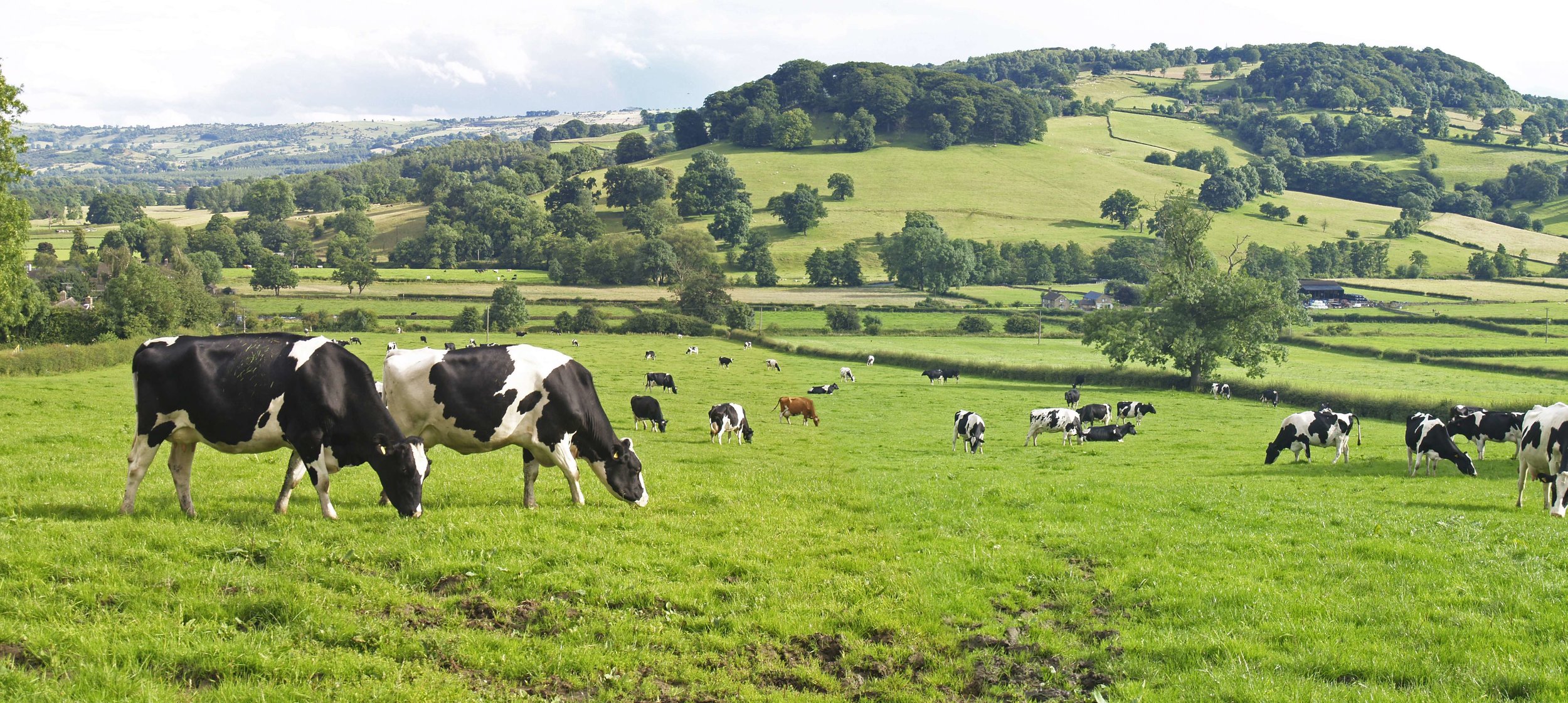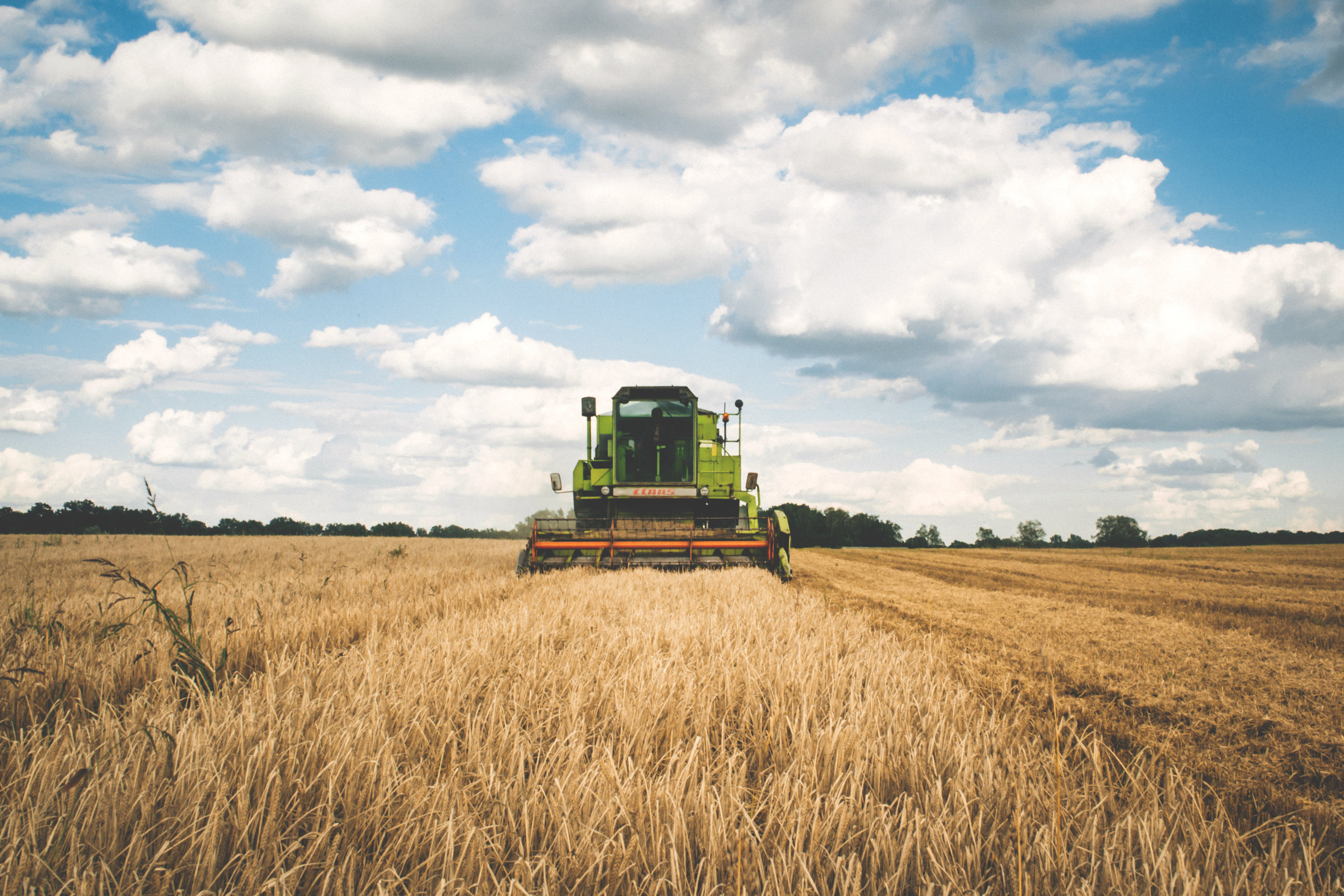Brexit can let us give British agriculture a better deal

Britain’s future prosperity, our place in the world and our economic security will all be defined by our departure from the European Union.
As Theresa May has said, Brexit is an opportunity to emerge from a period of great national change stronger and more prosperous than ever before.
Leaving the EU also presents huge opportunities for the environment, our food and farming industries, and rural communities.
Our priorities are simple: to grow more, sell more and export more Great British food, and to be the first generation to leave our environment in a better state than we inherited it.
This country already has some of the highest animal welfare standards in the world and we will build on that. We have pledged to make CCTV in slaughterhouses mandatory, bring in new regulations for pet breeders, and we will control the export of live animals for slaughter.
Our food and farming businesses employ one in eight workers across the whole of the United Kingdom and generates over £100 billion a year for the economy.
Farm productivity is higher than ever before. However, there is still much more we can do to support innovation in farm techniques, skills development, greater resilience to disease and floods, as well as environmental stewardship and sustainability.
Last summer, we moved swiftly to provide farmers with continuity and certainty on EU agricultural funding. It means that if elected on June 8, Theresa May’s Conservatives will commit to the same spending on farming and food production over the next Parliament as is now provided by the EU’s Common Agriculture Policy.
For the UK’s fishing communities Brexit also brings opportunities. After leaving the EU, Britain will be able to control our fishing waters – and the resources in them – out to 200 nautical miles.
In recent months we have made good progress on some of our key environmental priorities – a ban on microbeads and working to complete a ‘blue belt’ of protection around our overseas territories and marine conservation zones around the United Kingdom.
In addition we have launched the first ever litter strategy for England. This is designed to not only educate people, but also to introduce stronger enforcement against littering .
We have also committed to plant 11 million trees – and a further one million just in our towns and cities.
We are funding natural flood management projects to better protect communities, and we are introducing greater safeguards for our ancient woodland.
As we translate the body of European law into our domestic regulations, it means that the rules around the environment, food and farming will be set in the UK.
Over time, that means we will be able to prioritise scrapping unnecessary burdens on farmers and ensure that our environment is enhanced by laws that focus on the needs of the UK, rather than 28 EU member countries.
It is not only at home in the UK that we have great ambitions for improvements to the environment. Brexit gives the UK a chance to play an even bigger role in tackling some of the world’s greatest challenges.
We will continue to lead the world in tackling the threat of climate change as well as in combatting the illegal wildlife trade in endangered species. We will also continue with the plans we have set out to ban the sale of ivory produced in the last seventy years, making UK rules on trading ivory amongst the toughest in the world.
All of this is only possible with a strong economy, by ensuring that we get a good deal from Brexit, and under the strong and stable leadership of Theresa May and her Conservative team.
If you want the best deal for our environment and our food and farming industries, the only choice is to vote for Theresa May on June 8.
This piece first appeared on Conservative Home on May 29th 2017





